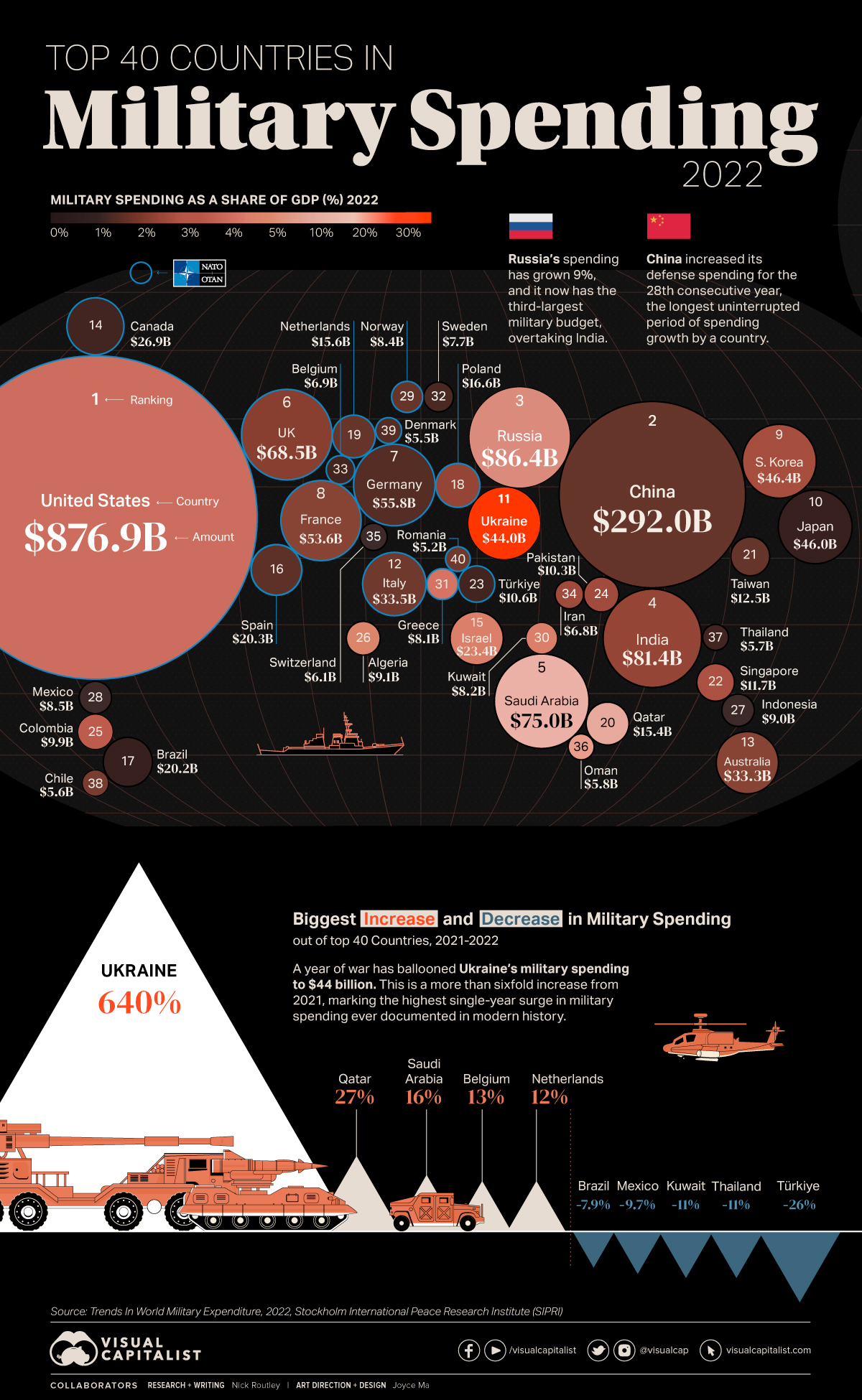But I do agree with your broader point: Trying to make our economy internationally competitive is putting the cart before the horse. Our current access to international markets is time-sensitive and uncertain. We are not in a position to reliably access international trade, and hence our economy will necessary be developed to work autarkic. Even with the Mississippi as a supply route, most of the volume will be taken up by arms shipments, leaving little room for bulk capital shipping.
The idea that we can get by with a functional economy that imports more tonnage of arms than of capital goods runs into the same problems that trying to wage war with an uneducated workforce does. It falls apart. You need machine tools and electric generators and rolling stock for the railroads and chemical industry equipment and a thousand other things to run a war economy, and all of
THAT has to be imported at least as much as guided missiles do.
Furthermore, to get much trade out of the Mississippi route, we need to export something (even if we can't do it at comparative advantage). That something will probably be a bulk commodity such as minerals or agricultural products, because we lack the means to compete on most other things. As such, massive bulk must be shipped south, which means that there must be room for massive bulk to be shipped north as well on the return route.
Arms shipments won't clog the lines.
Simon, building a strong economy is part of optimizing our war machine. Or to be more precise, building up an educated work force and the heavy industry to sustain high consumption of consumables [ammunition, fuel, shells] is absolutely vital.
Secondly, I disagree with your characterization of the mobilization of the USSR and Japan. Japan was simply resource starved due and fighting to many wars due to severe geostrategic miscalculations. I think the US ceasing to sell them oil while the Japanese waged intensive land and sea battles had more of an impact than any under-investment into education. The soviet economy was fairly dysfunctional, though I would attribute their military failures a lot more to large-scale purging of the army, chronic issues with the top-heavy command structures and lacking preparations for defense rather than skilled labor shortages. The fact much of their industry was overrun or had to be relocated also didn't help. Crucially, the USSR didn't eventually falter, as a certain era in human history shows.
You are over-focusing on specific narrow periods of history, and so missing the point of the analysis.
Imperial Japan's problem was that they tried to take a subpar economy (by great power standards) and compete on the world stage as a world power by being more willing to spend. This is best illustrated by Japan's efforts to build up a modern fleet, starting
long before the narrow WWII-era period when the resource shortages are relevant. Japan also tried other methods to "punch above their weight," developing 'better' weapons and tactics, and ultimately very little of it worked or mattered very much. Practicing night-fighting obsessively doesn't do you much good when the enemy has a far more developed electronics industry and invents radar, to give one example. What all this comes down to is that in industrial warfare, the means to produce and maintain a good force is much more important than the proportion of your budget you actually spend on that good force, at least up until the eve of the war when it is directly time to equip and train that force.
In the context of the USSR, things like the purges, overrunning of factories, and defense preparations are relevant to 1941, but I'm looking at the Cold War. The Soviets did indeed spend a huge chunk of GDP trying to have a strong military. In the process, they
contributed to the eventual collapse of their civilian economy, even if that was not the sole cause of it. And ultimately, that 'strong military' did the USSR very little good. As the Gulf War indirectly illustrated and the Ukraine War is also illustrating, those massive swarms of heavy equipment produced to relatively crude standards and manned by ill-paid soldiers simply do not work well as a counter to the products of a more advanced and wealthy developed economy.
...
In conclusion, I would caution against trying to specialize the economy too heavily "for war," because many of the impacts we're looking for are indirect.
For instance, it is 2077 and our next round of serious warfare with Victoria is likely to take place in the early 2080s. The last generation of Americans to receive
something loosely resembling a normal prewar education (or most of one) are already quite elderly. Many of them will be starting to retire and/or die of old age over the course of the next several years. Investment in geriatric health care, seemingly useless to a war mobilization, may have a surprising and disproportionate impact on certain things, simply by keeping certain personnel around a few years longer. To some extent this is a devil's advocacy argument and I'm not really so much interested in the details of "is this strictly true" as in promoting the idea that we should be thinking outside the box about how the civilian economy affects our ability to perform in war.
